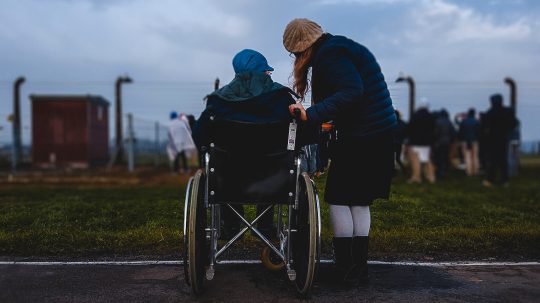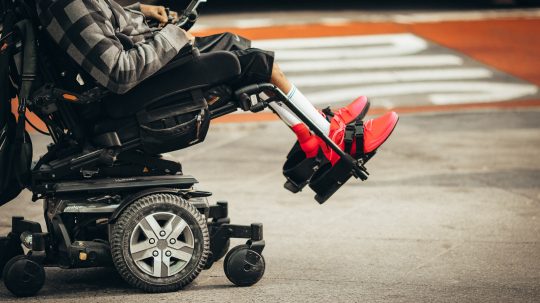As Covid-19 restrictions change in the UK, so the approach to testing for the virus is set to change too, as Whitehall sources suggest the government will scrap free Lateral Flow Testing kits (LFTs) ‘within weeks’.
It is the latest in a long line of attempts to wind-down the response to Covid-19, as we ‘learn to live with the virus’.
The proposal to scrap free rapid testing kits is the latest in a series of scale-backs by the government which will make it harder for people not only to access healthcare but also to maintain their own health.
Recent government initiatives have included temporarily suspending polymerase chain reaction (PCR) tests as a form of secondary testing, meaning that you are no longer required to take a PCR to confirm a lateral flow test, and scaling back resources for NHS Test and Trace.
This week, as the last of the ‘Plan B’ measures are lifted in England, non-governmental organisation (NGOs) and healthcare unions are concerned about how disabled people and people with chronic health conditions will be disproportionately affected.
Scrapping free LFTs could add to a growing ‘disability tax’
The right to health is a key component of our human rights. Under the 1946 Constitution of the World Health Organization (WHO), this means that a person has the right to “a state of complete physical, mental and social well-being and not merely the absence of disease or infirmity”.
The right to health is also acknowledged by The 1948 Universal Declaration of Human Rights (article 25), as well as under The 1966 International Covenant on Economic, Social and Cultural Rights.
However, under new government proposals, only those in ‘high risk’ settings, such as care homes, hospitals and schools, would have access to free LFT kits.
Whether regularly testing for work, or as part of a routine of checking your Covid status prior to visiting a vulnerable person or attending an appointment or event, LFTs act as an early warning sign to the asymptomatic individual and support the self-isolation regime that prevents unknowing transmission of the virus.
On average, those with disabilities and chronic conditions spend nearly £600 a month relating to their healthcare, adding to a growing ‘disability tax’. While the cost of living rises, for those with disabilities an added monthly cost could be devastating.
Disabled people would be ‘cut off’
Equal Lives, a disability rights organisation, stated that many people with disabilities would not be able to afford LFTs on a regular basis, should the government decide to scrap the free scheme:





